The arrival of autumn can put our vitality to the test, lowering our defences and causing joint pain. The atmospheric changes typical of this period, such as the drop in temperatures or the pressure drop, together with the reduction in the hours of sunshine and the return to routine, can affect our immune system, favouring tiredness and fatigue, and especially affect our muscles and joints, causing them to contract and stiffen.
In addition, low defences, associated with a low level of vitamins and minerals, can promote the appearance of colds and flu. And the uncertainty of COVID-19 does not contribute to our good physical and mental health either.
Adding that the reduction of hours of sunshine also directly affects our mood, causing ‘autumn asthenia,’ a feeling of general lack of vitality that occurs due to the body’s adaptation process to seasonal changes. It supposes weakness to carry out even simple tasks, and its most frequent symptoms are difficulty concentrating, lack of appetite, tiredness, drowsiness and decreased defences.
Five solutions to overcome autumnal Asthenia
Here are five tips to be ready this fall and combat the symptoms of autumn asthenia:
Get some exercise. With the change in atmospheric pressure, our joints can feel sore. That is why it is advisable to practice physical exercise regularly to strengthen the muscles and the joint system. Low-impact activities such as Pilates, yoga, swimming, cycling, or walking reinforce joint mobility and improve the elasticity of the muscles. Similarly, it is advisable to avoid impact activities that overload the joints.
Avoid stressful scenarios. Tense situations can affect their defences to be low due to the arrival of autumn. Take advantage of the new course to try new activities and change everything, not to your liking.
Rest and readjust your 'internal clock.' It is common to go to bed during the summer and get up late, thereby changing our biological clock. Until we can readjust it to our routines, we may feel tired and sleepy. To return to normal, it is advisable to go to bed early and sleep enough hours and return to the routine with tranquillity and stable schedules.
Maintain a balanced diet. A menu based on the Mediterranean diet will favour our physical and mental well-being. Suppose the joints are affected by the pressure of autumn. In that case, you can include in your menus foods with high anti-inflammatory content (ginger, garlic, turmeric), with antioxidants (green tea), rich in omega 3 (bluefish - salmon, tuna, mackerel-), and with a high content of vitamin E (nuts, green leafy vegetables ...).
Protect yourself from the cold. The drop in temperatures can affect our joints, our defences, and our mood and cause colds and cases of flu. The lower extremities and the head are the parts of the body most exposed to cold. Covering them with hats and suitable footwear will help us get through the fall.
Help yourself with food supplements. Food supplements give you a greater supply of vitamins and minerals than you need. Therefore, along with the recommendations given above, taking some natural food supplements can help you push to have more energy and fight against autumnal Asthenia. Here we show you some of the accessories that can help you this Fall: Aquilea Joints Forte-dol prevents joint discomfort and contributes to joint flexibility and mobility; Aquilea Magnesio MAX helps reduce tiredness and fatigue and maintain the muscular and energetic system; and finally, Aquilea Vitamin C + Zinc, is aimed at maintaining natural defences and normal functioning of the immune system.You are already installed in the routine and the obligations; there is still a long way to go before having a vacation again, and the days are getting shorter and shorter. You still leave home at night and, when you return, the sun has already set. Do you feel that tiredness and apathy take over you? It is a common disease: autumnal Asthenia.
In some cases, in addition, the symptoms can be very pronounced. For some people, fall complicates their daily life if, for example, it affects their academic performance, work, or family life. In these cases, we can speak of a clinical syndrome called “seasonal affective disorder.”
Why does autumn feel bad for me?
This is the question asked by many people who, year after year, see how the arrival of autumn affects their emotions. The reality is that it is due to mechanisms in our brain that are regulated by light and, therefore, However, when daylight hours are reduced, our behaviour changes.
Serotonin is a neurotransmitter in our brain known as “the hormone of happiness” because high levels are related to well-being and good spirits. In contrast, a low amount of serotonin is associated with depression. Well, it has been seen that the production of this neurotransmitter is related to sunlight: the more light, the greater the production. Therefore, when daylight hours are scarce, the amount of serotonin available to our neurons is less. Consequently, signs of sadness and apathy may appear.
On the other hand, melatonin also seems to play a role in this phenomenon. Melatonin is the hormone that regulates sleep: we produce it when it starts to get dark to give us adequate rest, and its level in our body drops again in the morning. Short days, however, send signals to our brain to produce melatonin much earlier than we would like when we still have a day and tasks ahead of us. So we start to feel tired and sleepy long before we are ready to go to sleep.
It is also possible that a reduction in vitamin D (which occurs mainly in our skin as a result of the sun) may be related to these symptoms, although in this case, its effect has not yet been well studied.
Seasonal affective disorder
We can all be affected by autumn and the short and colder days. However, for about 6 out of 100 people, this problem turns into a depressive disorder called “seasonal affective disorder,” or seasonal depression. Your symptoms are:
Sadness.
Pessimism or hopelessness.
Irritation or malleable mood.
Lack of motivation and loss of interest in previously enjoyable activities.
Sleep disorders (sleeping too much, feeling sleepy after hours, waking up at dawn ...).
Lack of energy, decay.
I am eating more than necessary, gaining weight.




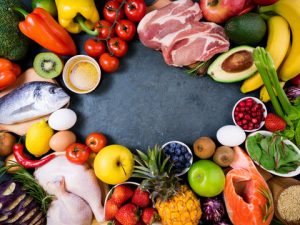

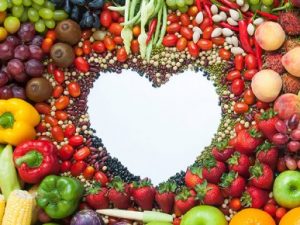



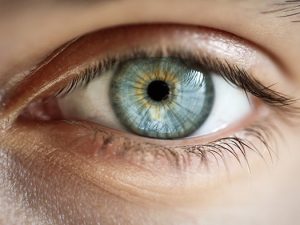

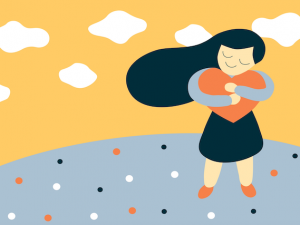
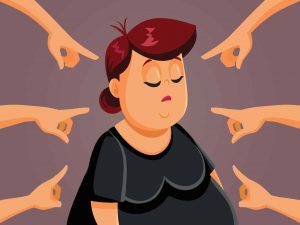
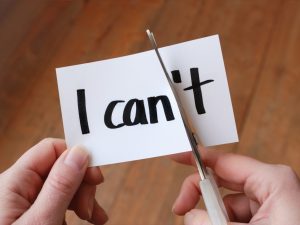





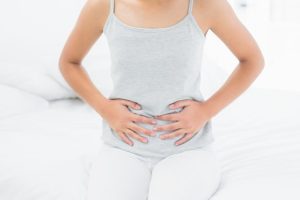
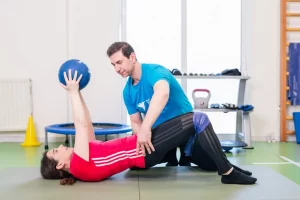







Add Comment